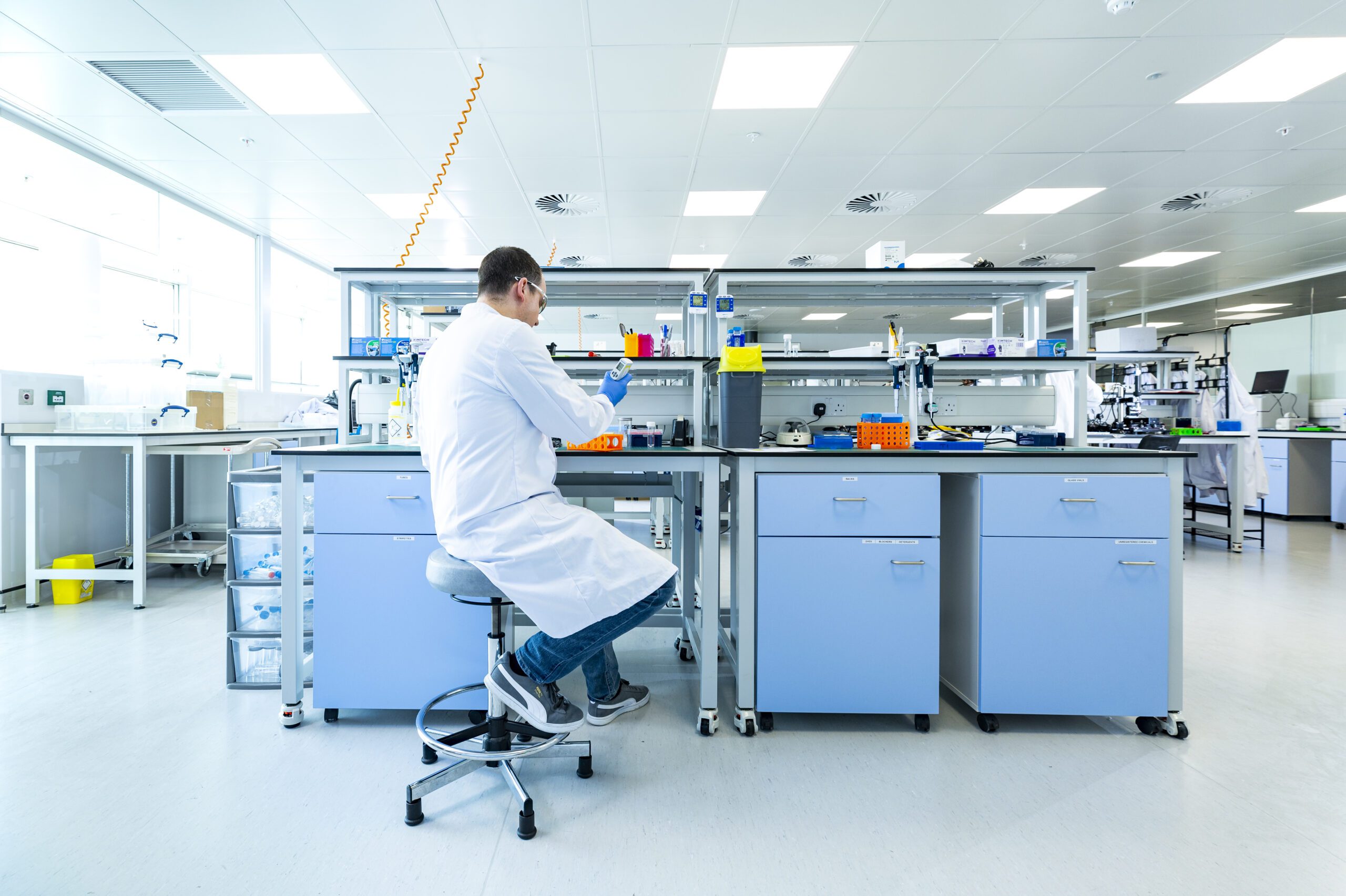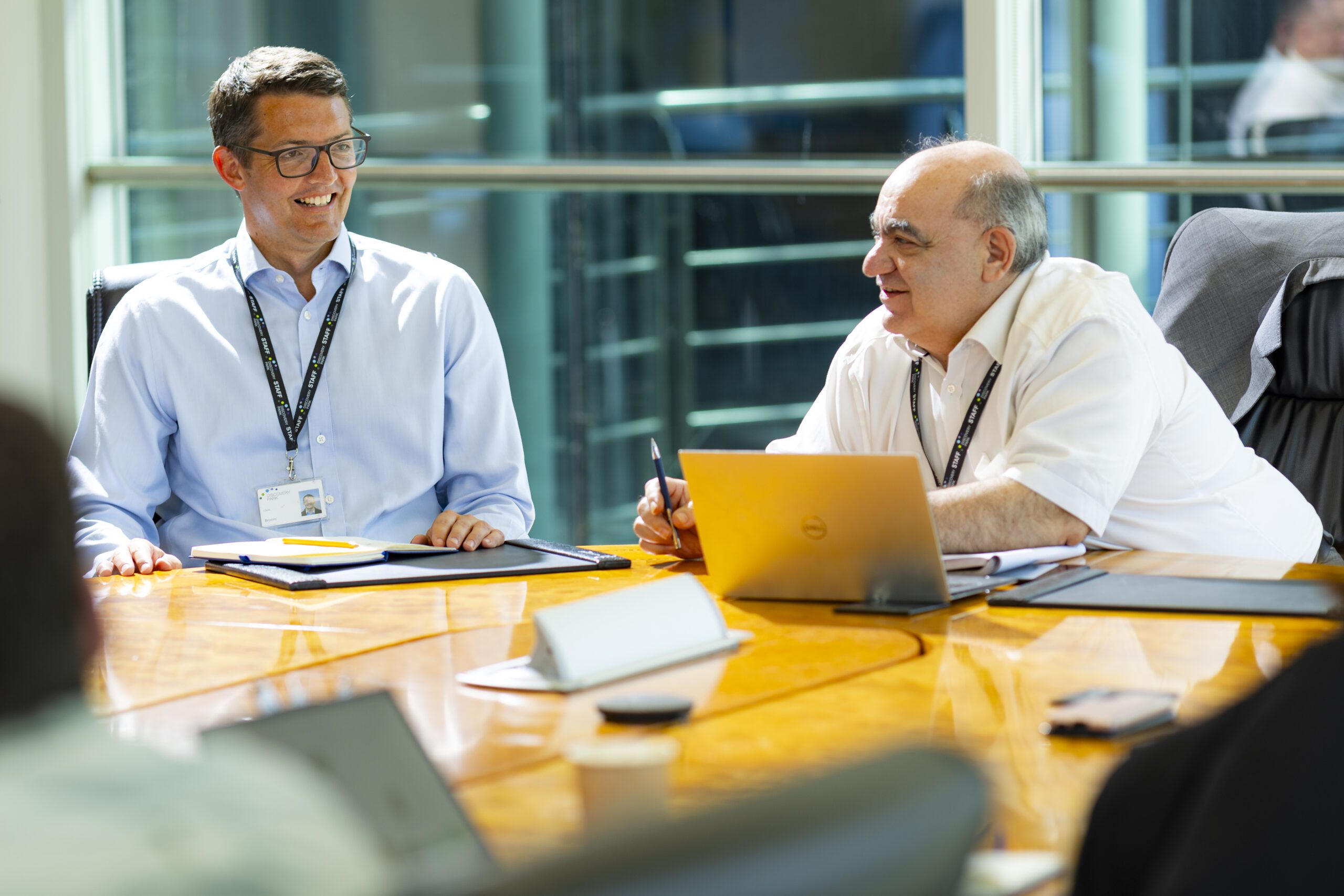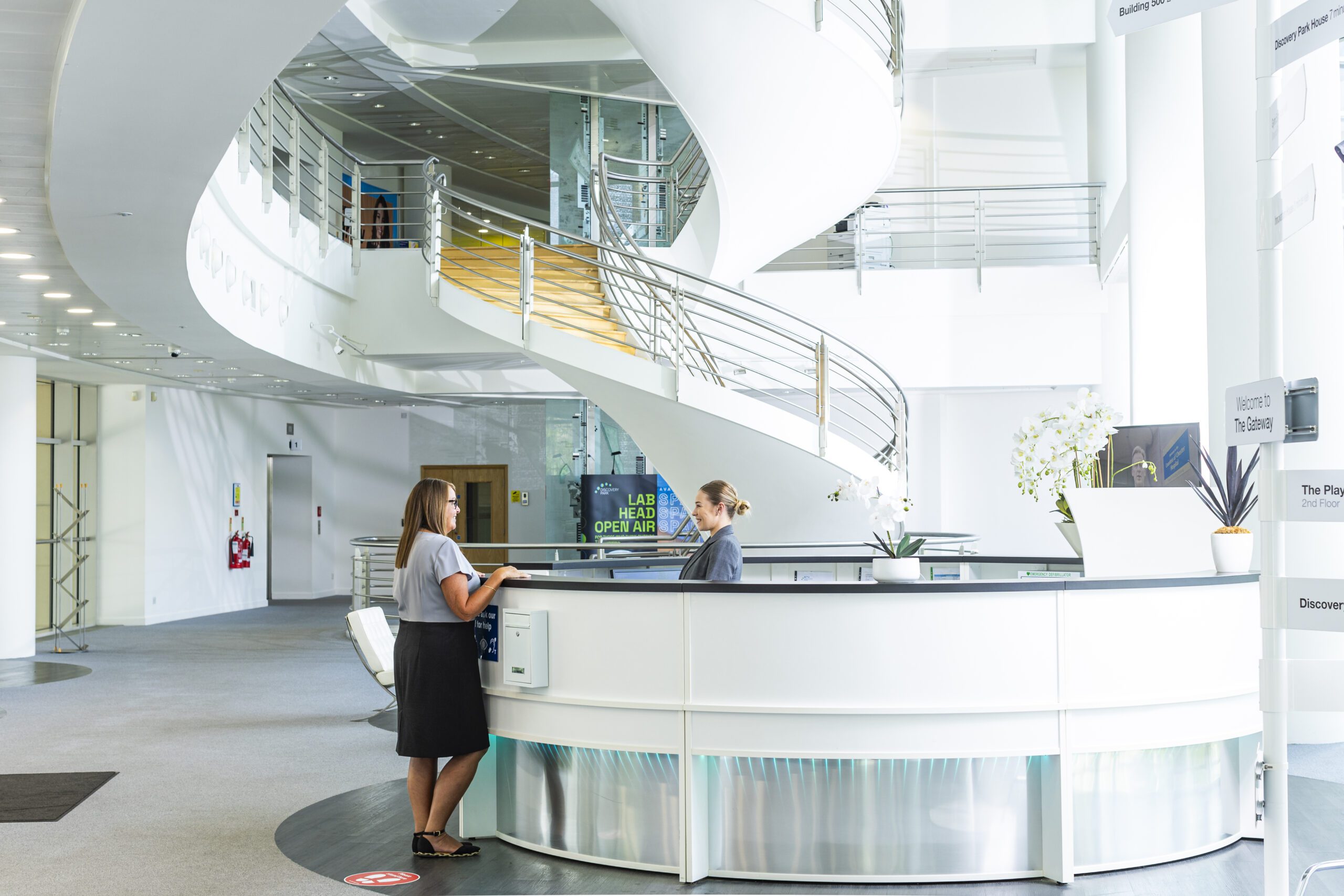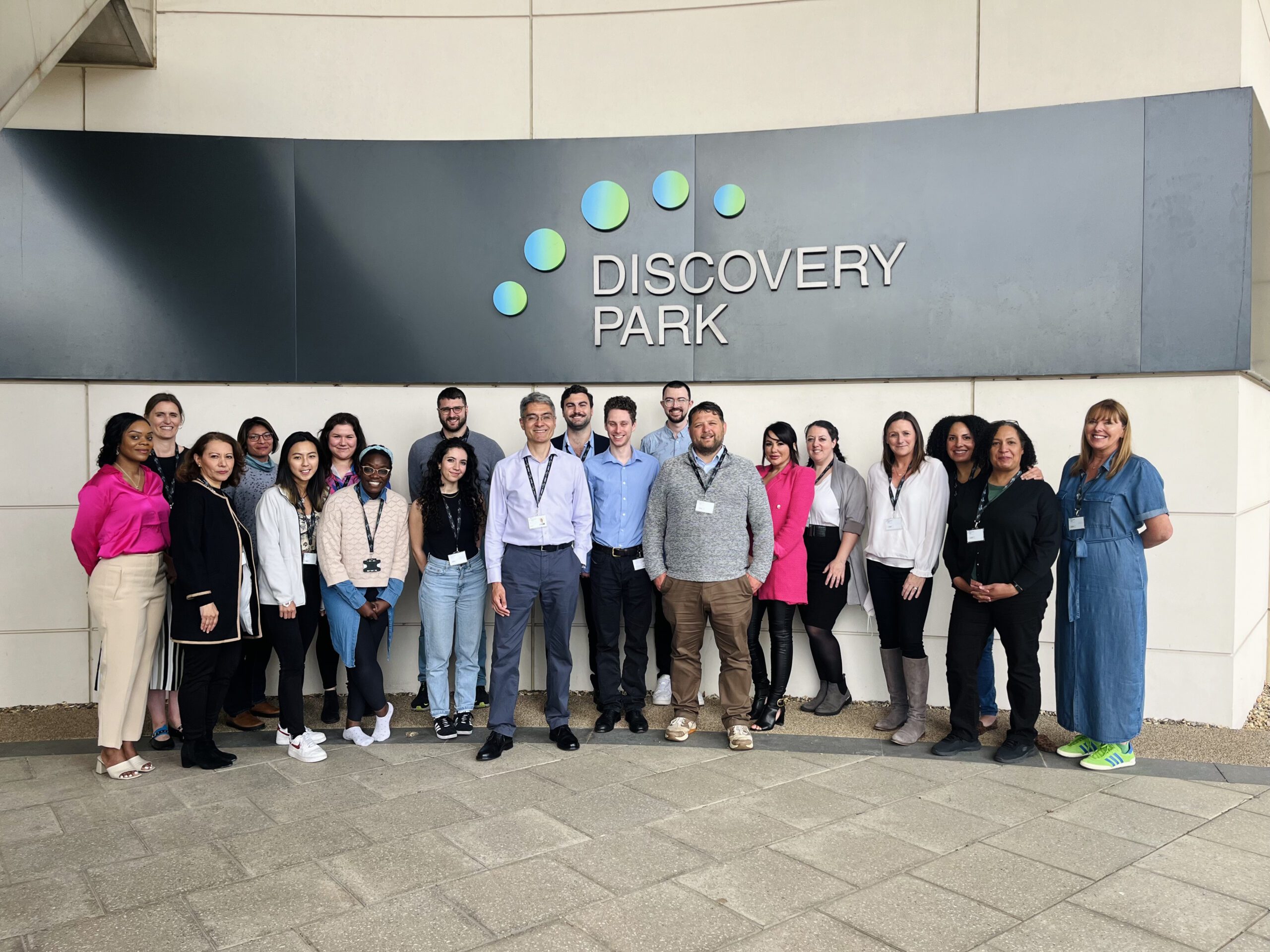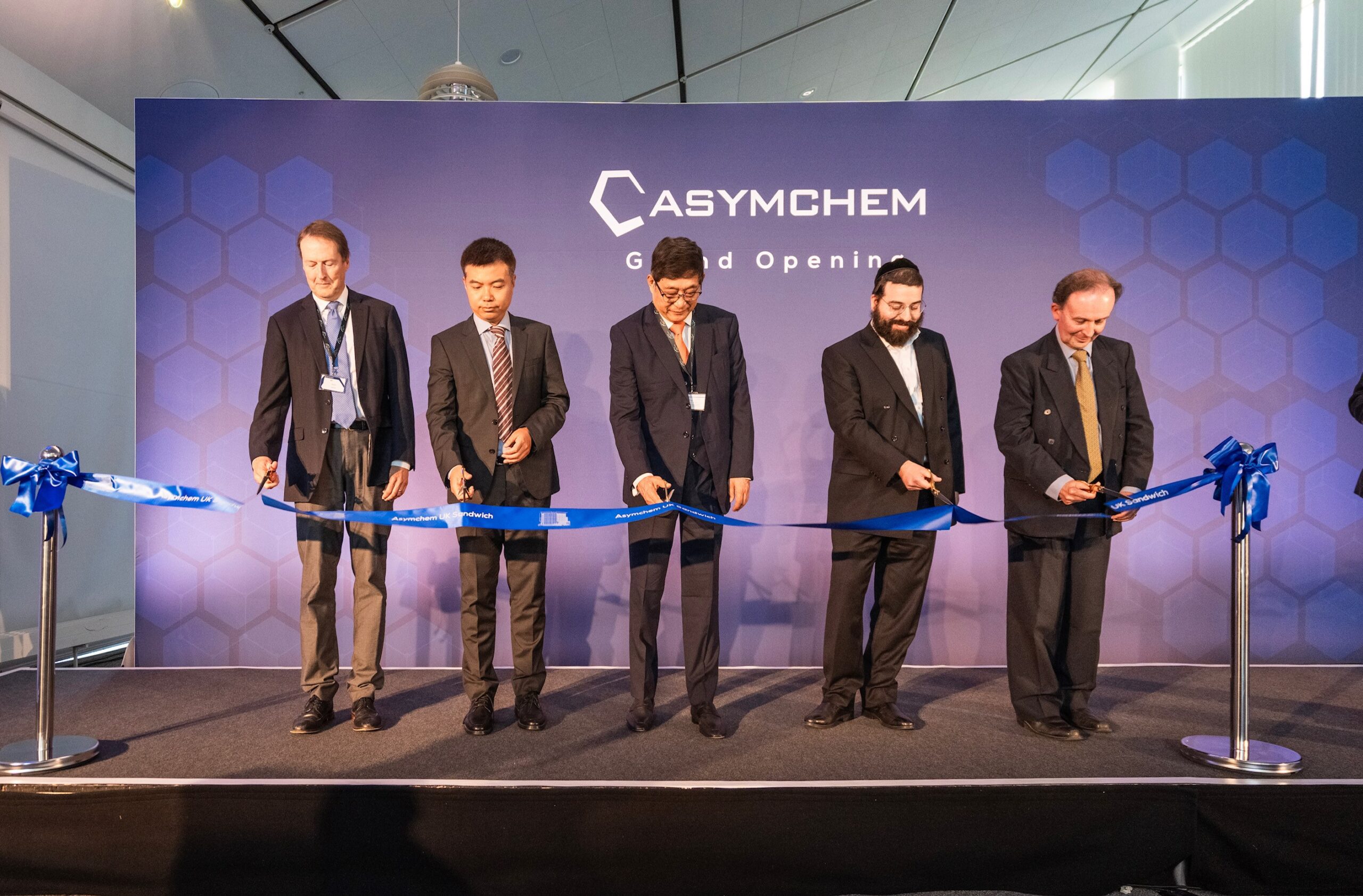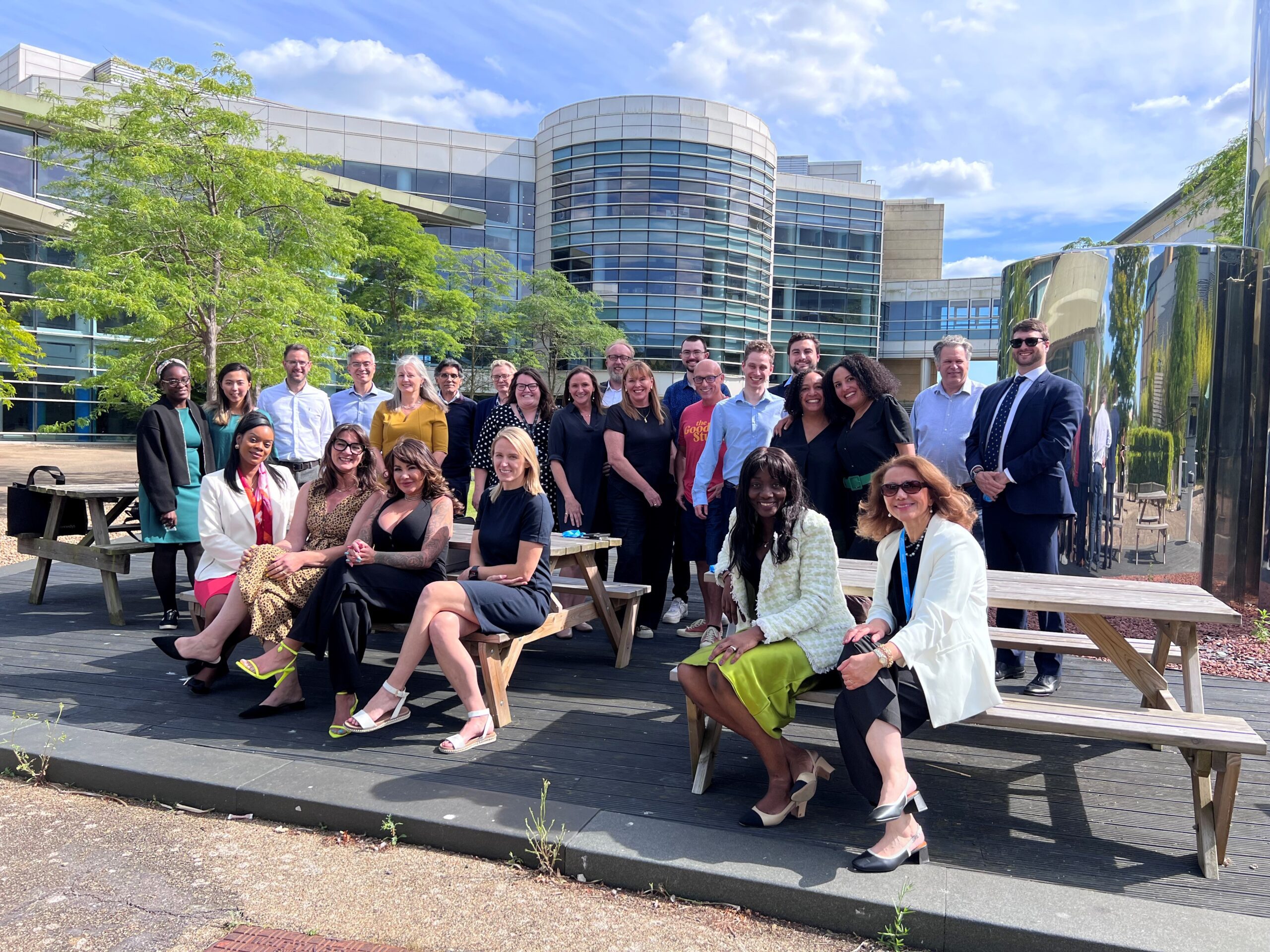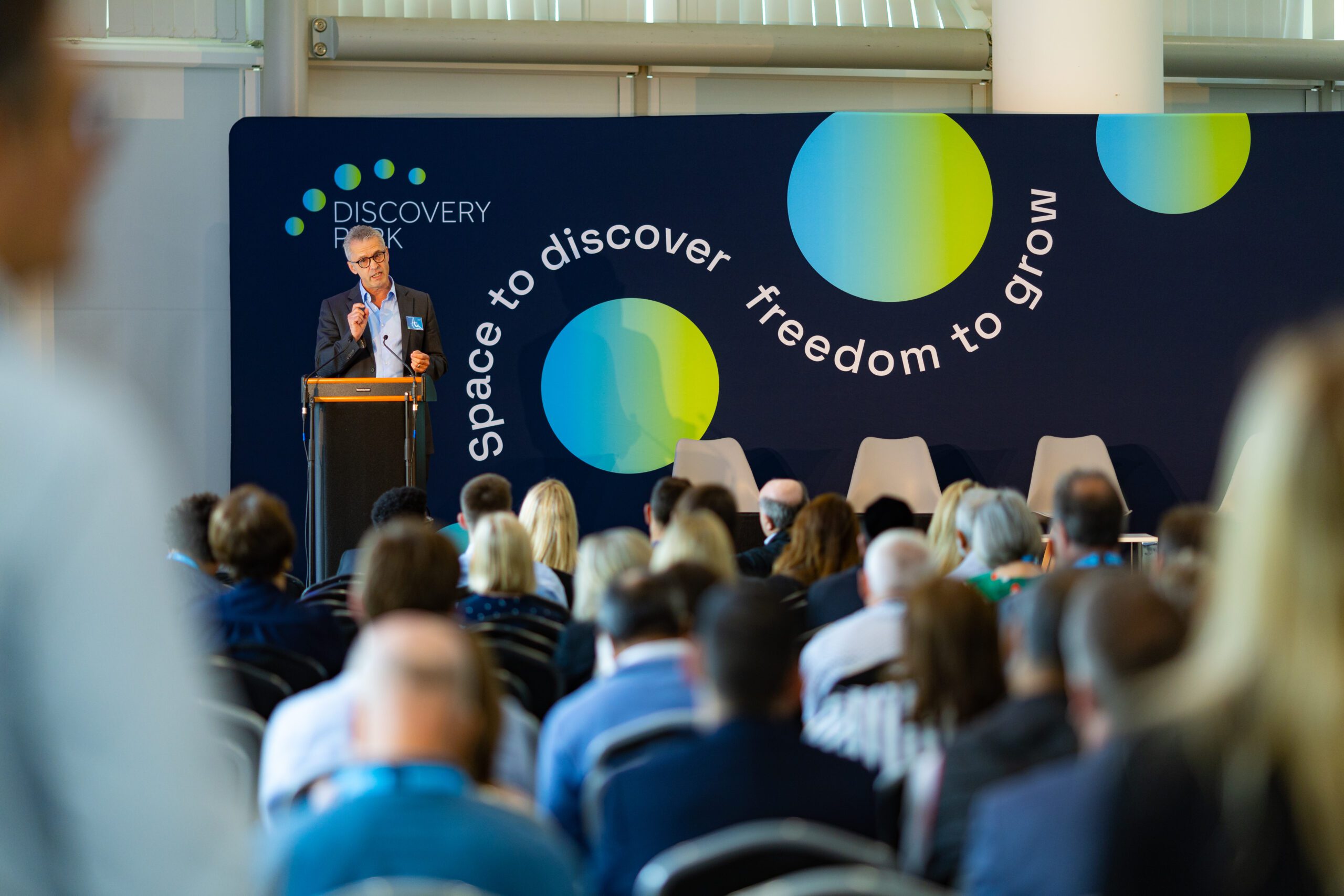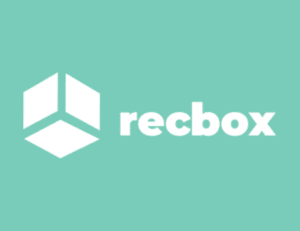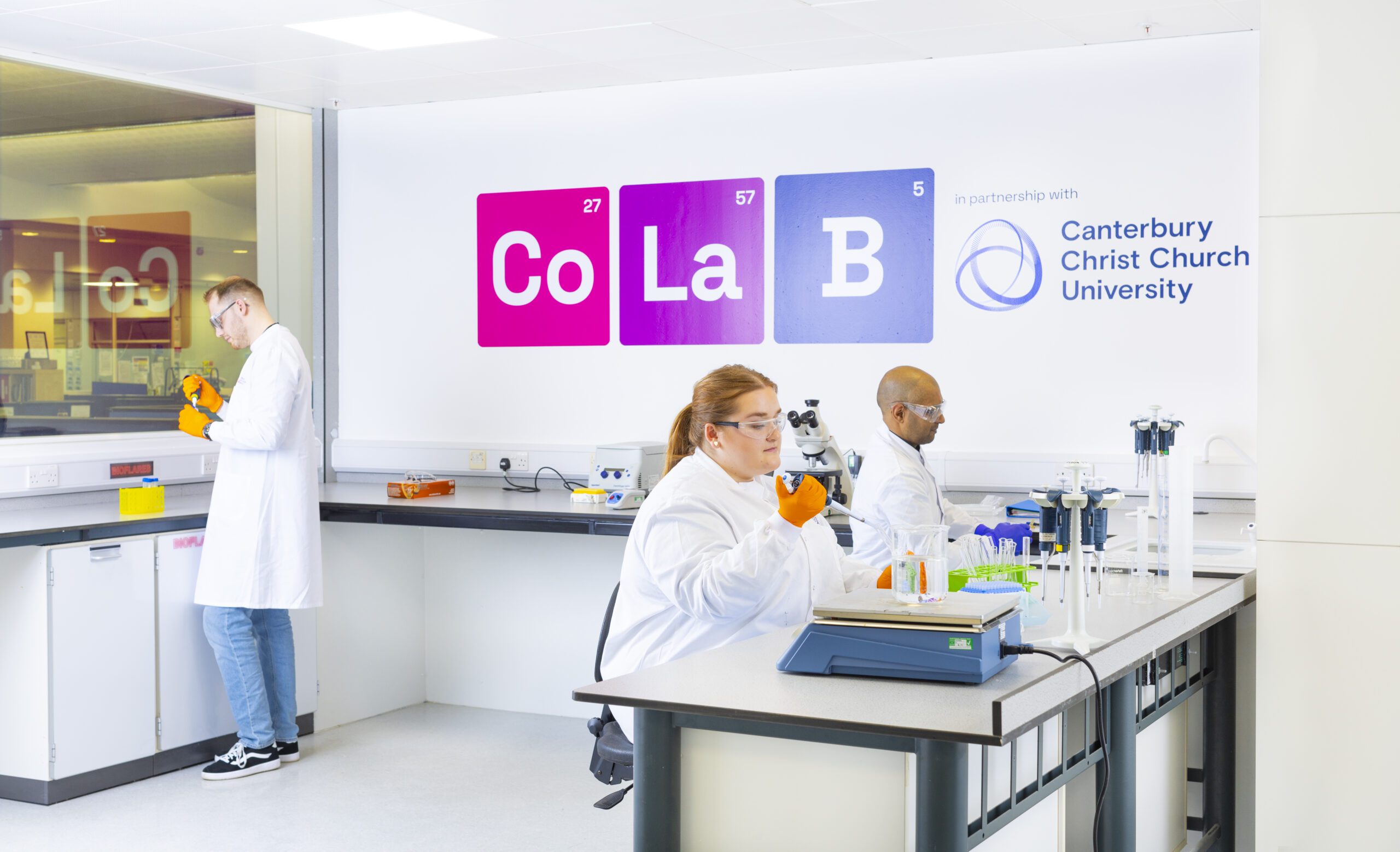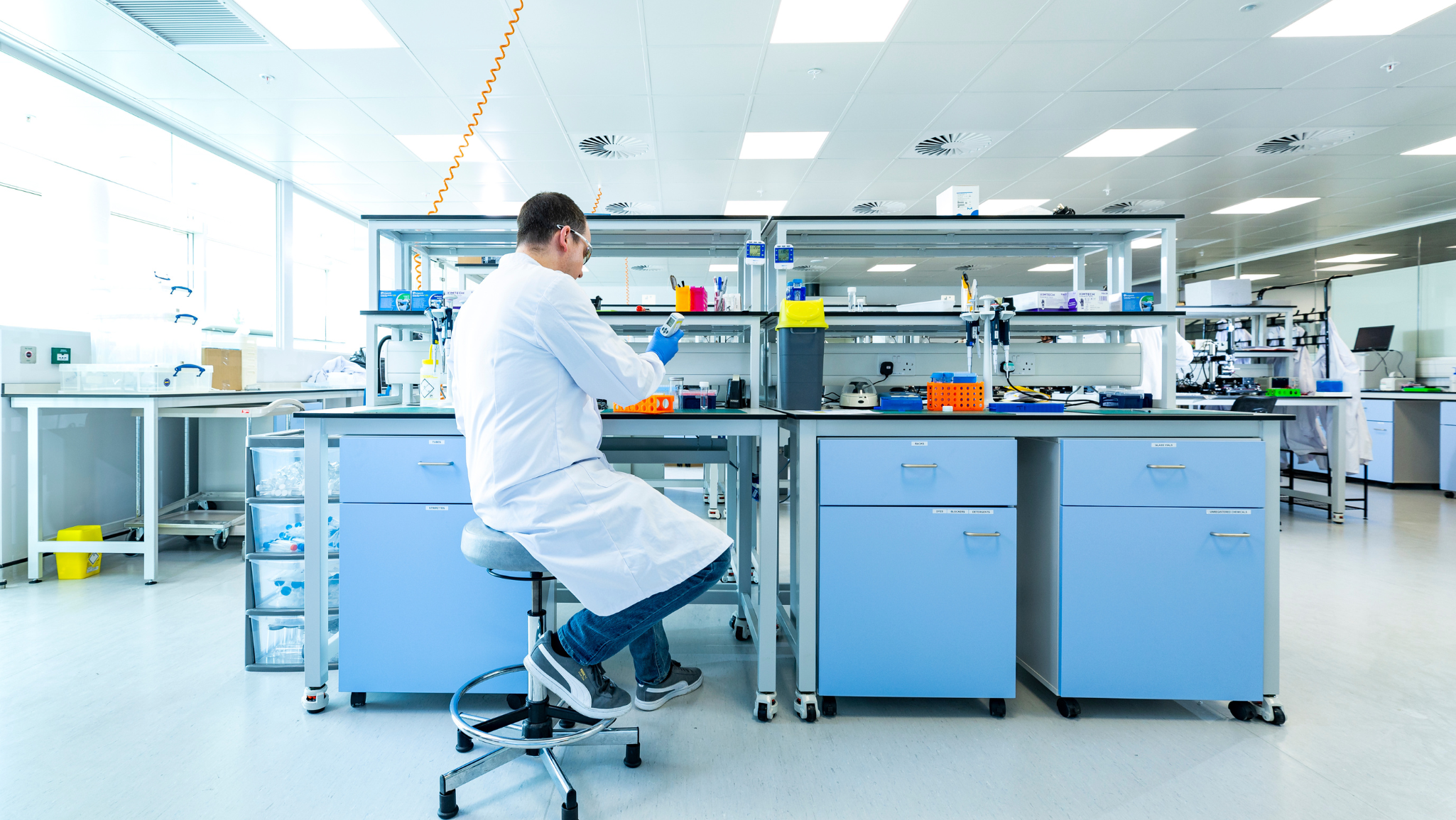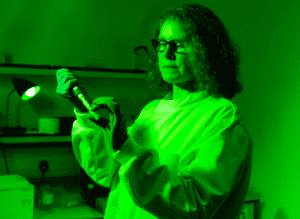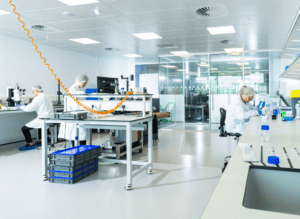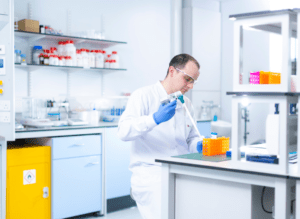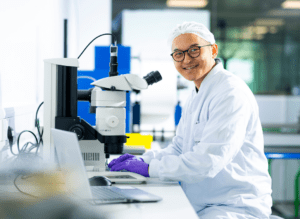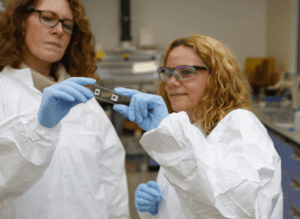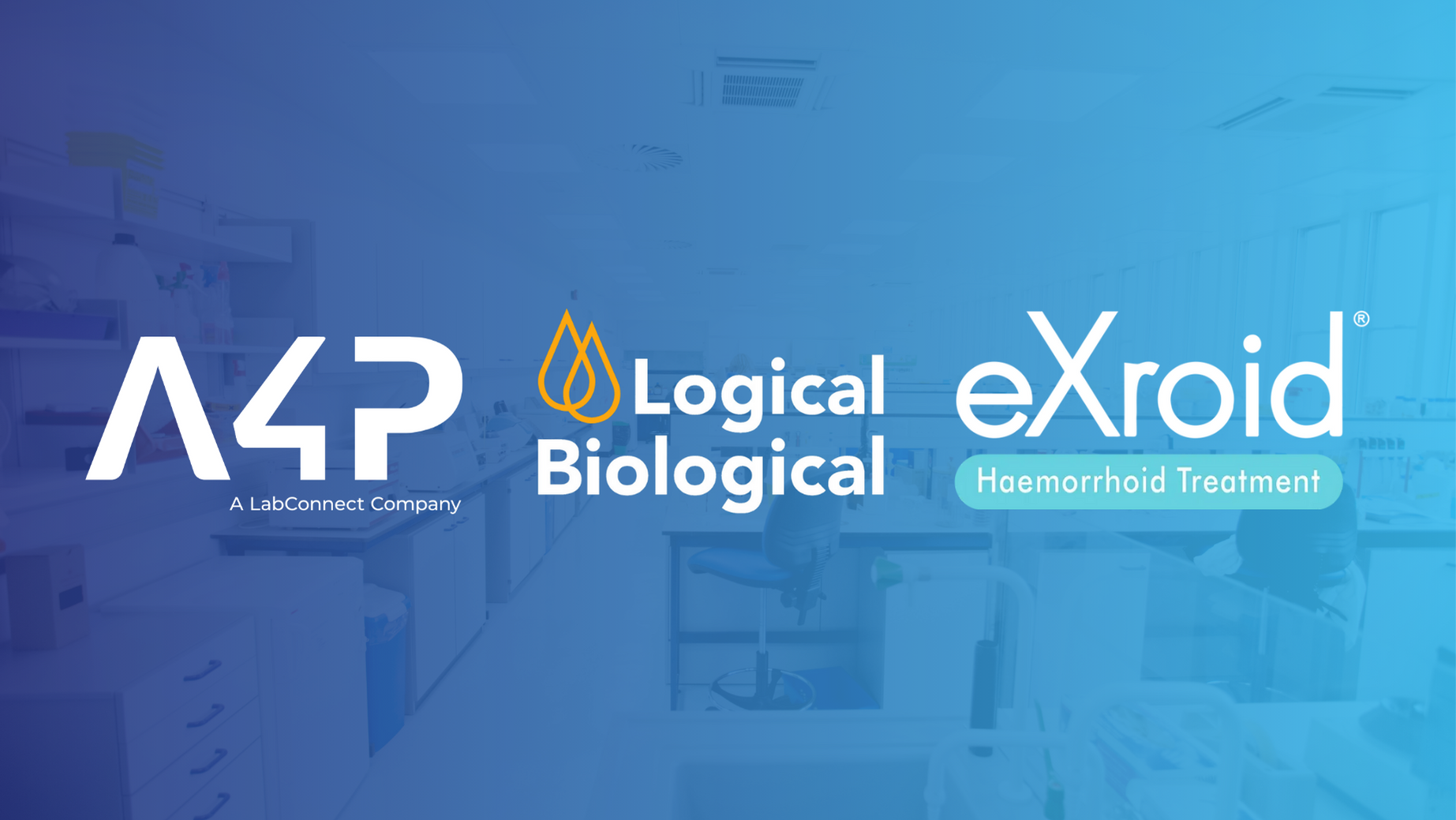The Femtech & Women’s Health edition of ‘Discovery Spark’ champions early stage businesses working to close the gender health gap
Sandwich, Kent, UK / 30th May 2024 / Discovery Park, Kent’s thriving life science and innovation community, announced the selection of 11 promising start-ups in FemTech & Women’s Health to join Discovery Spark, their growth and support programme for early stage businesses.
Igniting the growth of businesses solving women’s health challenges, the special female-focused edition of the Discovery Spark programme offers tailored mentoring and support for start-ups, preparing founders for success in investment pitches. The programme kicked off with a session at Discovery Park on 21st May, with more sessions spread over the next seven weeks. Concluding with Pitch Day on 4th July, the cohort will compete to win a prize package worth over £50K, including 1 year of lab or office space at Discovery Park, alongside invaluable support from specialist partners.
Discovery Park selected FemTech & Women’s Health as the focus of their special edition Discovery Spark programme in response to the Government’s Women’s Health Strategy, which highlighted the lack of representation in medical research and shortfall in healthcare solutions specifically for women. Despite living longer, the average woman spends nearly a quarter of her life in poor health, compared with a fifth for men. Tacking female health inequalities is a focus for the South East region, with a partnership approach between Discovery Park, Kent and Medway Medical School, the NHS Kent and Medway Integrated Care Board and Health Innovation Kent Surrey Sussex.
Discovery Spark is led by Dr Renos Savva, Head of Innovation at Discovery Park and a recognised scientist, entrepreneur and venture development lead. Speaking about the new programme, Renos said:“Discovery Park is committed to championing the next generation of life science leaders, but even we were overwhelmed with the number of applications received for this edition of Discovery Spark. The 11 selected companies represent the best-of-the-best in new innovations for women’s health, helping to address the ‘missing 52%’ in health equity: Women make up the majority, yet continue to be overlooked in healthcare, with the UK having the largest female gender health gap in the G20.”
Companies selected for the Discovery Spark Femtech & Women’s Health Edition includes imphatec, an inventor of a pioneering subcutaneous drug delivery platform which aims to revolutionise the treatment of chronic and long-term illnesses, many of which disproportionately affect and unnecessarily burden women. The company recently went through their first seed round, raising significant capital.
Also included is Hulk Bio, winner of the Scottish EDGE Wild Card award 2024. This biotech is transforming infant nutrition by offering a stem cell-based human milk alternative when breastfeeding is not possible. BodyOwn is aiming to simplify management of female sexual and reproductive health by providing a central point for validated information, care services, and assisted guidance, using tech to set new standards of care for women’s health. Personalised care provider Minter et AI Hormone Health is striving to improve access for women seeking diagnosis and treatment of perimenopause and the menopause, providing consultations and hormone health services both virtually and in-person.
Organised as three immersive sessions held over the summer, Discovery Spark takes place at Discovery Park, Sandwich, and includes overnight accommodation for those taking part. Each session lasts for two-days, covering people, teams and brand, presentation and communication, and business metrics and markets. The programme is run in partnership with Barclays Eagle Labs, NHS Kent and Medway, plus Health Innovation Kent Surrey Sussex.
Dr MaryAnn Ferreux, Chief Medical Officer at Health Innovation KSS, a partner of the FemTech & Women’s Health Special Edition Discovery Spark, said: “Passionate innovators are key to addressing health equity. The Discovery Spark programme exists to champion these promising businesses, along with providing all important networks for collaboration and ideas sharing. At the first Discovery Spark day, our Commercial and Enterprise team led a session on developing and understanding your value proposition. This is critical for all innovators of any stage of development, to help them to recognise the problem that they wish to solve and the impact that they expect their solution would make to systems and patients. We look forward to providing further innovator support as the programme continues.”
The 11 companies selected for the 2024 cohort are (listed alphabetically):
BodyOwn
BodyOwn is an early-stage start-up dedicated to simplifying women’s management of their sexual and reproductive health journeys. They provide a central access point for validated information, services, and assisted guidance, with privacy and inclusivity at the core.
Founders – Nayol Santos & Ruby Lai
Cooden Cosmetics
Frustrated by the significant unmet needs in medicine and inspired by the potential of scientific breakthroughs, this Imperial start-up was founded with a unified mission: ‘To create creams that address these critical gaps.’ Cooden Cosmetics are dedicated to developing innovative solutions that bring real relief and improvement to those who need it most.
Founders – James Millett & Conor Crooks
Etre Libre
Creating a Hybrid-Care technology platform which monitors health and wellbeing is an advanced analytics and data modelling platform for the Healthcare market, due to its design it can be utilised in multiple settings. Designed in partnership with Healthcare professionals and victims.
Founders – Katy Longhurst & Alison Mitchell-Hall
Hulk Bio
Hulk is transforming infant nutrition by offering a stem cell-based human milk alternative when breastfeeding isn’t possible. Addressing a gap in a $50B+ industry, they provide an option beyond traditional animal milk-based formulas that often fail to meet the compatibility needs of many infants.
Founder – Christina Rode
Imphatec
Imphatec has invented and developed a new subcutaneous drug delivery platform to revolutionise the treatment of chronic and long-term illnesses and for disease prevention. This allows patients to be free from the worries of noncompliance and dosing issues, including poor absorption from traditional regular dose tablet medication.
Founders – James Catt & Hassan Morad
Joii
Joii is transforming menstrual health management by leveraging artificial intelligence to develop the world’s first mobile application that can identify heavy menstrual bleeding, affecting 1 in 3 women globally. This solution aims to improve early monitoring, treatment, and diagnosis for numerous gynaecological health conditions related to heavy periods.
Founders – Justyna Strzeszynska & Danielle Nader
Make your path
Make Your Path is a Digital Health startup with ambitions to improve health and wellbeing through physical activity. It provides a digital platform with a live directory, matching system, and app that supports 1) clinicians to refer patients to safe and targeted non-medicalised activities effortlessly and with confidence to improve physical and mental health outcomes, and 2) employers to promote health and well-being amongst staff, esp. those working in sedentary, desk-based jobs.
Founders – Cindy Regalado & Amit Bansal
Minter et AI Hormone Health
Minter et Al is a private healthcare provider specialising in personalised care for women experiencing perimenopause and menopause. The company provides consultations and hormone health services UK-wide via virtual platforms and in-person clinics in Kent and London. Each patient receives tailored services, including bespoke hormone replacement therapies (HRT).
Founder – Lexie Minter
Peach
Peach is a new startup founded by four women with a passion for women’s health. Peach aims to increase awareness of pelvic health conditions and will deliver expert physiotherapy care by means of an online platform integrating personalised health coaching, nutrition guidance and biofeedback technology.
Founders – Rebecca Hyman & Naomi Hyman
S.M. Discovery Group (SMDG)
SMDG is a pre-clinical biotechnology company with extensive in-vitro and in-vivo data package, designing and delivering safe and effective therapies for some of the most debilitating diseases which impact women. SMDG has developed patent protected therapeutic platforms for targeted delivery of hard to deliver therapeutics across biological barriers and anti-inflammatory modalities.
Founders – Shadi Farhangrazi & Moein Moghimi
Young Mums Support Network
The Young Mums Support Network (YMSN) founded by Fiona Small in 2011, is a dedicated Community Interest Company that provides essential support to young mothers. With a focus on empowering these young women, YMSN offers a variety of tailored programs designed to help them navigate through the complexities of motherhood.
Founder – Fiona Small
Discovery Park is committed to supporting women in business and innovative organisations transforming women’s health. Contact Discovery Park for more information on business support and investment opportunities currently available.

